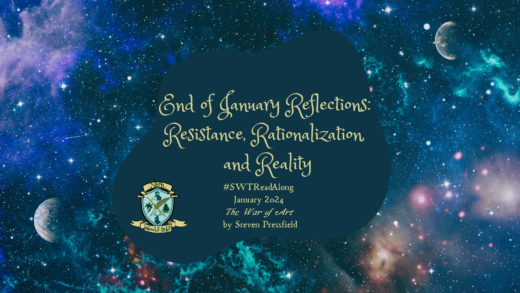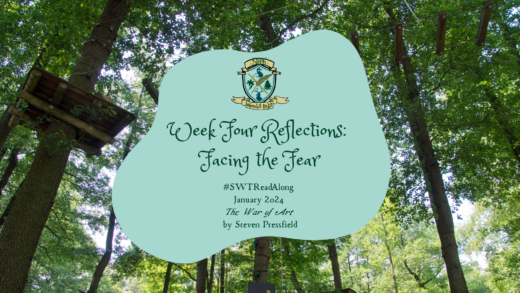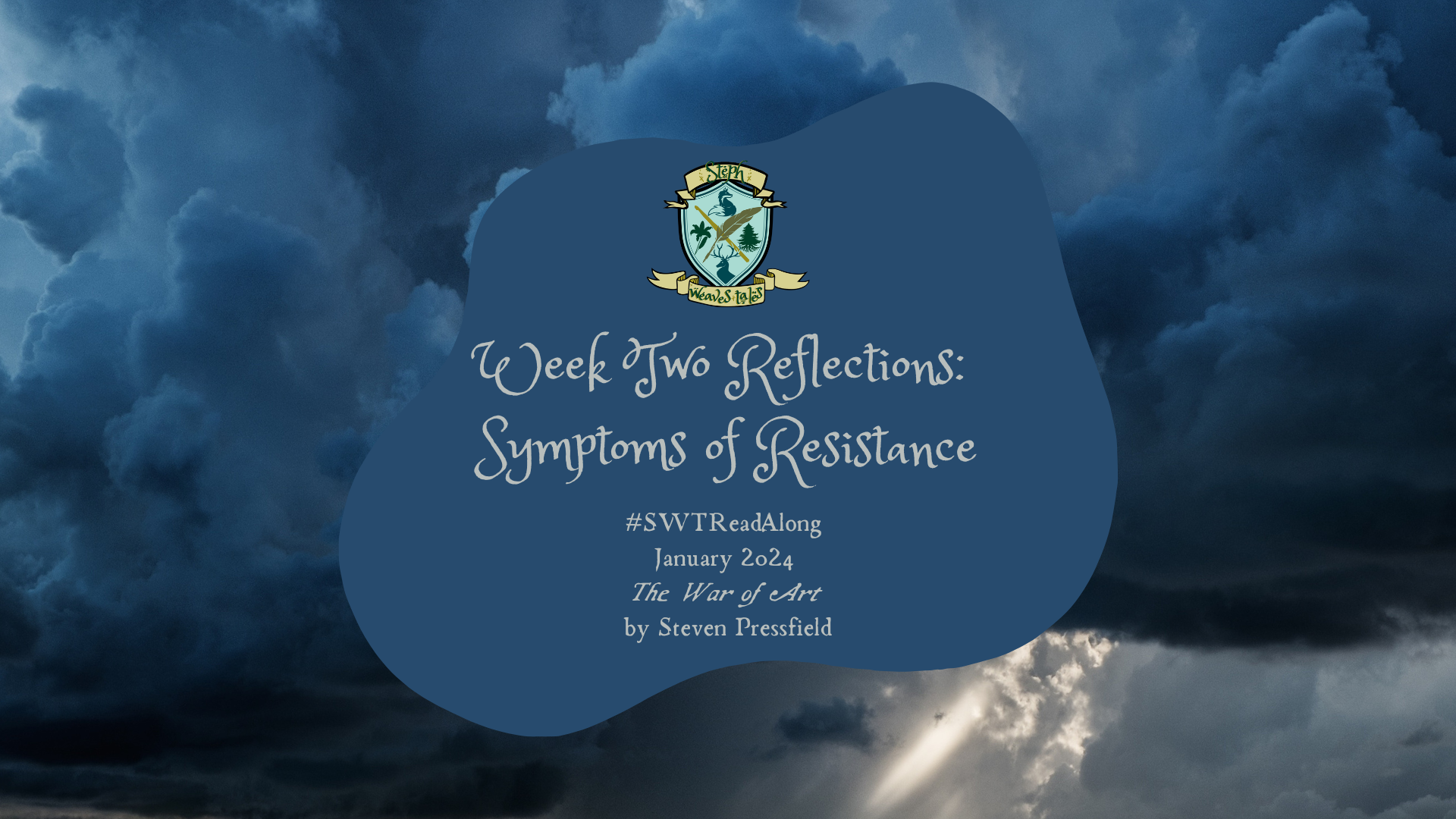For our third week of our February read along, a part of me wants to say, “These ten pages? No notes. Go read what Steven Pressfield has to say.” But that wouldn’t make much of a blog post, so I’m at least going to highlight a few of my biggest takeaways around embracing the help available to us as creative people and creating distance between ourselves and our work.
Pressfield writes, “[The professional] recognizes the contributions of those who have gone before him. He apprentices himself to them” (84).
One of the most powerful things about my whole MFA program was all that the classes did to illuminate those contributions. I went in to improve my craft and maybe make some industry connections. I came out with a deeper understanding of children’s book publishing industry with a history jam-packed full of amazing, inspirational stories.
But you don’t need to spend thousands of dollars on a degree to research the history of the authors, editors, and publishers who inspire you, though. The internet is jam-packed full of information at our fingertips, if we only know how to look for it. Local libraries and librarians—who may just have a knowledge of the publishing industry, too—can tell you about research databases where you can dig deep into the scholarly side of the craft. Nonprofits like Poets & Writers publish resources on their website.
This isn’t even to mention the bloggers, vloggers, podcasters, and social media mavens who are out there sharing their knowledge and experiences. You find the right hashtags; you find whole wonderlands of information. (The wrong ones send you down the bad rabbit hole, though, so take it all with a grain of salt and verify, verify, verify anything you read on the internet.)
Creating Distance
As we turn toward others for help, craft advice, and growth, we’ve got to remember to hold on to our own spark, though. Remember, as Pressfield writes, “Resistance wants us to cede sovereignty to others. It wants us to stake our self-worth, our identity, our reason-for-being, on the response of others to our work. Resistance knows we can’t take this. No one can” (93).
Learning how to balance seeking help against seeking approval is tough. Especially if you, like me, have a bit of a people-pleasing side.
I would love to be published traditionally. Having even the most barebones team—agent, editor, copy editor, book designer, marketer—would be amazing. It comes with many challenges, too, and you can ask any traditionally published author about their experiences with those challenges. The thing is, I know seeking approval is a bottomless pit, and every time I have something query ready, I have to go through a song and dance to separate my worth as a human being from the work I’ve produced.
Pressfield says: “The professional loves her work. She is invested in it wholeheartedly. But she does not forget that the work is not her. Her artistic self contains many works and many performances. Already the next is percolating inside her. The next will be better, and the one after that better still” (88).
Having multiple works in progress, stories and worlds I can jump between at different stages in the writing process, has been one of the most significant ways I create the distance between my personal worth and my work. My hopes, my identity, my future as an author aren’t all tied up in one special project, even when I develop emotional attachments to the stories and characters and worlds.
Still, things can hurt without actually being personal. Giving ourselves time and space to acknowledge and process the pain is practical up to a point. Living with depression means I am a champion ruminator who can hone and sharpen any thought into the keenest dagger if I give myself too much time with it. Ignoring hurt, too, leaves it to run rampant in my subconscious. It’s a delicate balance, a careful dance, and one that probably doesn’t get any less tricky over time.
So, we give ourselves ourselves time, space, and distance. We look to the experts and our inspirations. We persist. As James Gurney wrote in the Code of Dinotopia, “One raindrop raises the sea.”
Whether your day’s work is a single raindrop or a torrential downpour, it matters. Keep going.

Stephanie Gildart weaves tales in writing and crochet. As a child growing up near Seattle, she checked out so many books that she memorized her library card number. She received her MA/MFA from the Simmons University Center for the Study of Children’s Literature in Boston. When she isn’t writing or teaching English, she loves to crochet amigurumi dolls of fantasy creatures, play tabletop roleplaying games and board games, and sing.

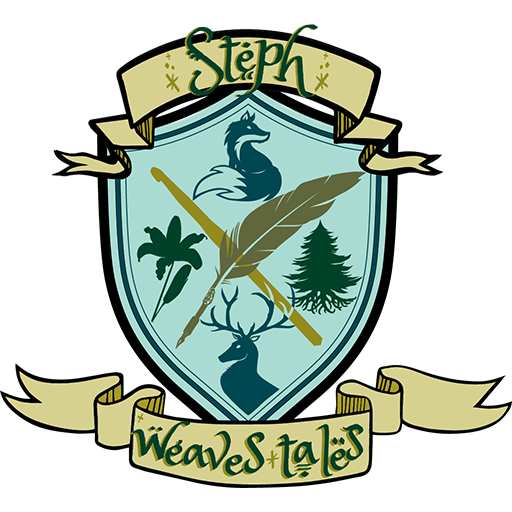
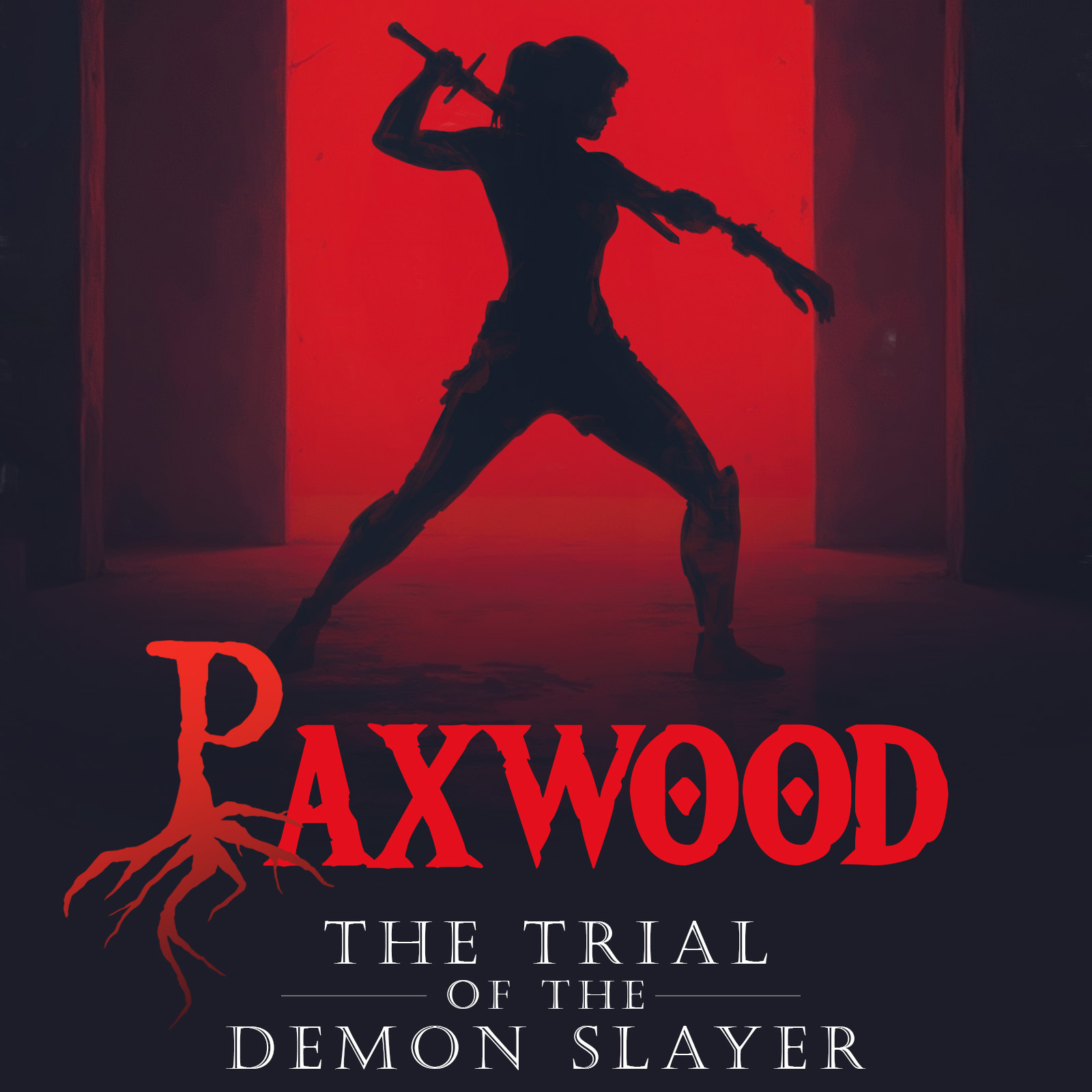
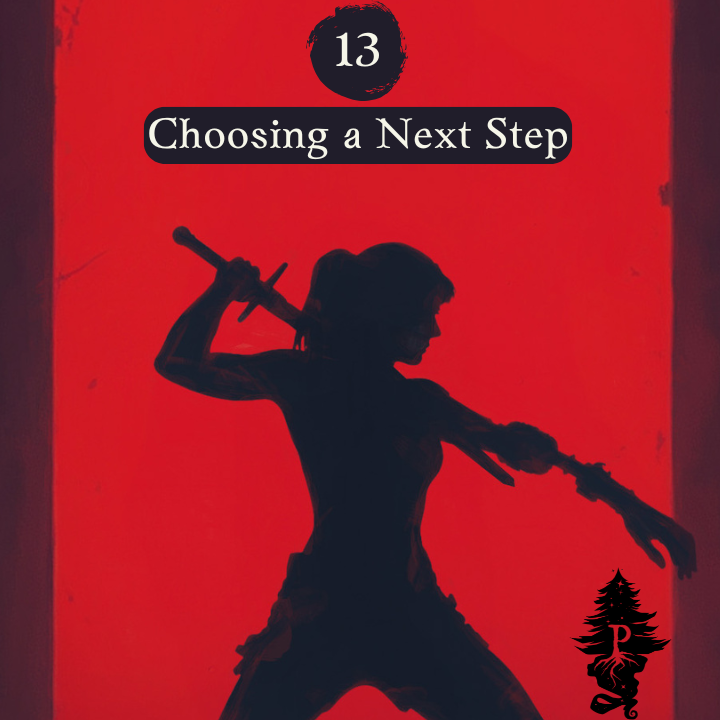
 Read Paxwood
Read Paxwood